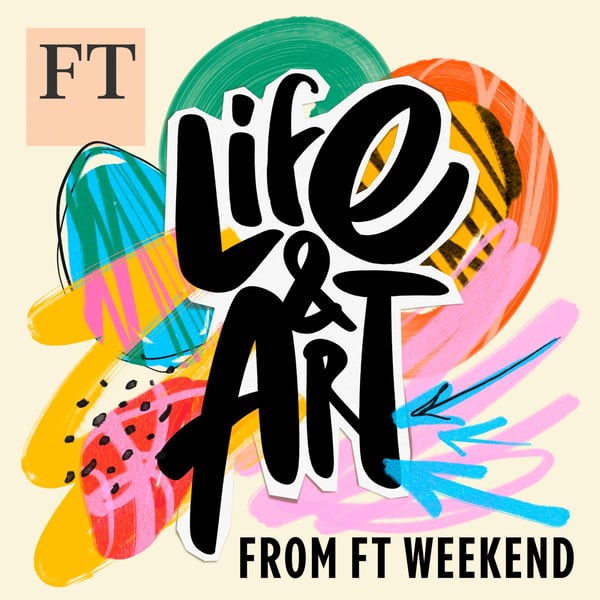Politics and culture in the age of anger
Life and Art from FT Weekend
Forhecz Topher
4.6 • 601 Ratings
🗓️ 15 December 2016
⏱️ 33 minutes
🧾️ Download transcript
Summary
Hosted on Acast. See acast.com/privacy for more information.
Transcript
Click on a timestamp to play from that location
| 0:00.0 | Hello, I'm John Sanya, and I'm Griselda Murray Brown. And this is Everything |
| 0:08.5 | else, a new podcast from The Financial Times. We're into music, not markets, style, not stocks, and film, |
| 0:14.6 | not finance. On this episode, we'll hear from the incredible Nigerian-American artist |
| 0:19.8 | Enda Jekka Akconili Crosby. |
| 0:21.6 | She won a green card lottery when she was 16 and she moved to America. |
| 0:25.6 | She'll tell us all about that, and why her nude husband features quite so much in her work. |
| 0:31.6 | Later on we'll speak to Mike Skopinka of the FT, who has just interviewed Trevor Noah, the South African stand-up comedian, |
| 0:38.5 | and the man who recently replaced John Stewart on The Daily Show. But before that, we'll be discussing |
| 0:43.2 | anger. It's an emotion or a theme that has come to the fore this year. Social media is drowning |
| 0:48.7 | in rage, politicians denounce political correctness, and students demand safe spaces from hatred. |
| 0:55.6 | Joining us is the journalist Helen Lewis, deputy editor of the New Statesman, and a frequent |
| 1:00.4 | contributor to the FT's comment pages. As is Pankaj Mishra, the Indian writer, essayist, |
| 1:05.5 | and author of the book Age of Anger, the History of the Present, which is out in January |
| 1:09.3 | published by Alan Lane. |
| 1:16.9 | In the book, Pankaj traces the origins of contemporary vitriol, ranging from Trump and nationalism to ISIS and online misogyny, to the 18th century, taking a long view on a current issue. |
| 1:22.9 | Helen Pankaj, hey, thanks for joining us. |
| 1:25.2 | Hello. |
| 1:25.6 | Hello. |
| 1:26.5 | Helen, I'm going to start with you. I wondered, do you think we are, in fact, becoming more angry, or is it just that our anger is sort of more voluble, more visible? I think if you look at it at all quantitatively, it's hard to make a case that people are now more angry than they ever were. I mean, I think I've subscribed to Stephen Pinker's philosophy, which is, you know, actually violence has gone enormously down. And even if you look in any |
| 1:48.3 | kind of bigger historical sweep, certainly in England, violent crime has been falling for a really |
| 1:53.4 | long time. What I think has changed is that a small number of very, very angry people can now |
| 2:00.0 | dominate the debate in a way that it was hard of them to do because we have these tools. And the way that media works now, particularly social media, you know, it allows somebody who's really, really dedicated to have, I guess, what we call the kind of heckler's veto. The vast majority of online comments are left by a very small number of people. So it gives us a sense that there may be rising anger generally, but perhaps what it is in a sense is the same number of people who are now more... |
... |
Please login to see the full transcript.
Disclaimer: The podcast and artwork embedded on this page are from Forhecz Topher, and are the property of its owner and not affiliated with or endorsed by Tapesearch.
Generated transcripts are the property of Forhecz Topher and are distributed freely under the Fair Use doctrine. Transcripts generated by Tapesearch are not guaranteed to be accurate.
Copyright © Tapesearch 2025.

